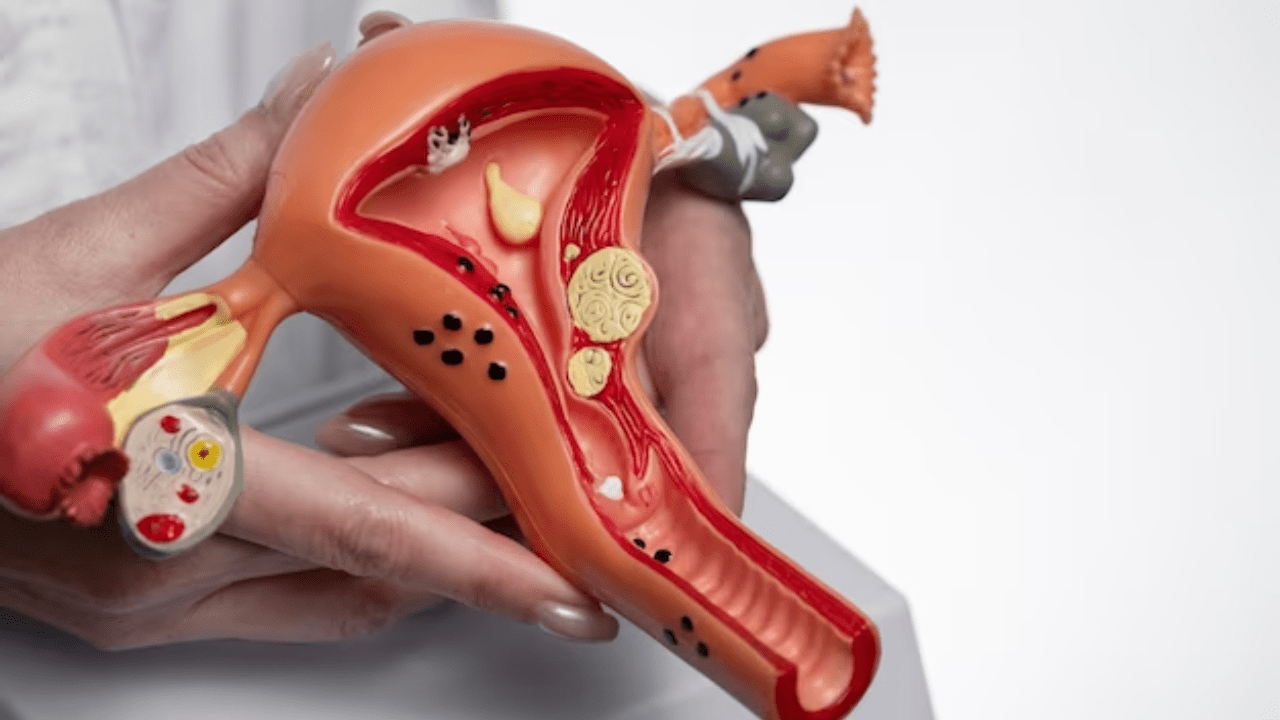
Uterine / Cervical Cancer
Uterine and cervical cancers can be serious conditions, and early detection and appropriate treatment are crucial for better outcomes. Regular gynecological check-ups, screenings, and awareness of any unusual symptoms are important for early diagnosis. Vaccination against HPV is a preventive measure for cervical cancer, and lifestyle factors can play a role in reducing the risk of uterine cancer. If there are concerns or symptoms, individuals should seek prompt medical attention and consult with healthcare professionals for proper evaluation and guidance.
What is a Uterine / Cervical Cancer?
What are the risk factors for uterine cancer?
Risk factors include age (especially after menopause), hormonal factors (imbalance of estrogen and progesterone), obesity, diabetes, and prolonged use of estrogen replacement therapy without progesterone.
What are the symptoms of uterine cancer?
Common symptoms include abnormal vaginal bleeding, pelvic pain or discomfort, unexplained weight loss, and fatigue.
How is uterine cancer diagnosed?
Diagnosis involves a pelvic examination, imaging tests (ultrasound, CT, MRI), endometrial biopsy, and sometimes dilation and curettage (D&C).
What are the treatment options for uterine cancer?
Treatment may include surgery (hysterectomy), radiation therapy, chemotherapy, and hormone therapy depending on the stage and characteristics of the cancer.
What is cervical cancer?
Cervical cancer is a type of cancer that starts in the cells lining the cervix, the lower part of the uterus that connects to the vagina.
What are the risk factors for cervical cancer?
Risk factors include infection with certain types of human papillomavirus (HPV), smoking, weakened immune system, and long-term use of birth control pills.
What are the symptoms of cervical cancer?
Symptoms may include abnormal vaginal bleeding (between periods or after intercourse), pelvic pain, and watery, bloody vaginal discharge.
What You Need to Know Before Your Appointment
It’s best to be prepared when coming in for your appointment and therefore we recommend bringing the following when you visit us
All Previous Investigations
This includes any X-rays, MRI, CT Scans and their reports, new as well as old
List of Your Medications
A well formed list of medications will help us decide which medications will not react with others you might be taking
Previous Surgery Documents
If you have undergone a surgery before, any documents pertaining to that time will be helpful in understand what was done at that time
Tips For Keeping Your Uterine / Cervical Healthy

Mrs. Anjana
Above image is of her after undergoing a total knee replacement.




